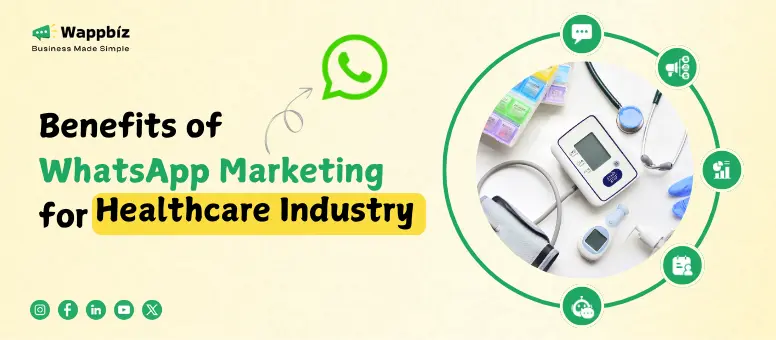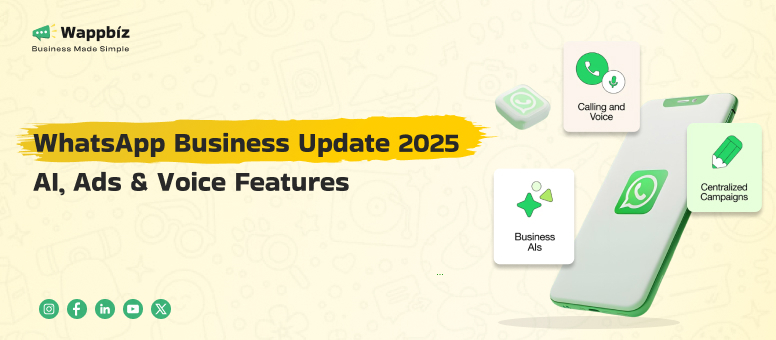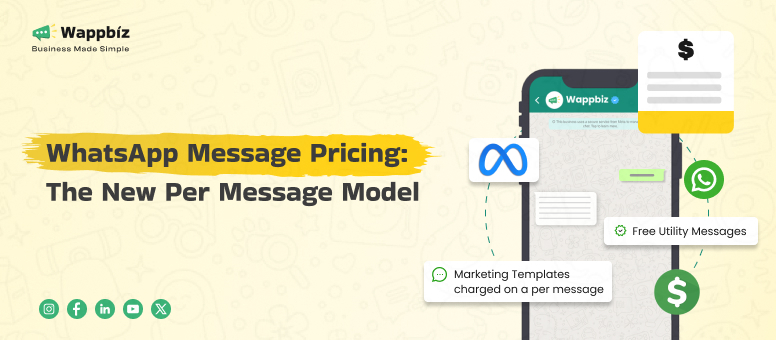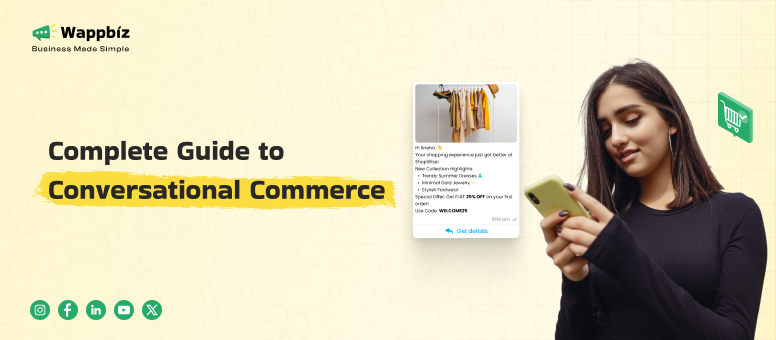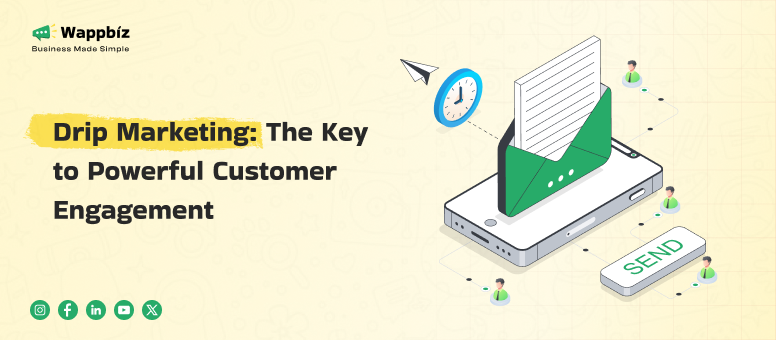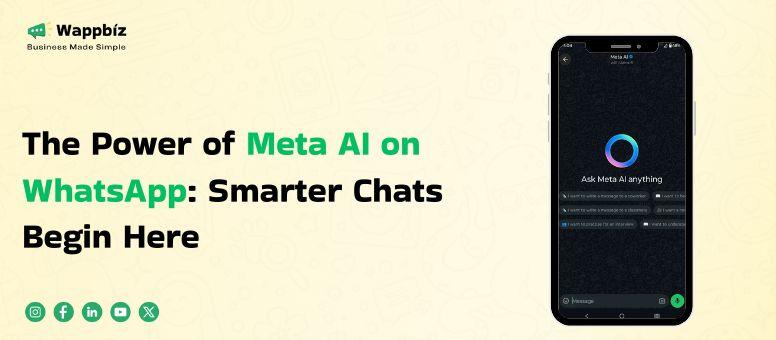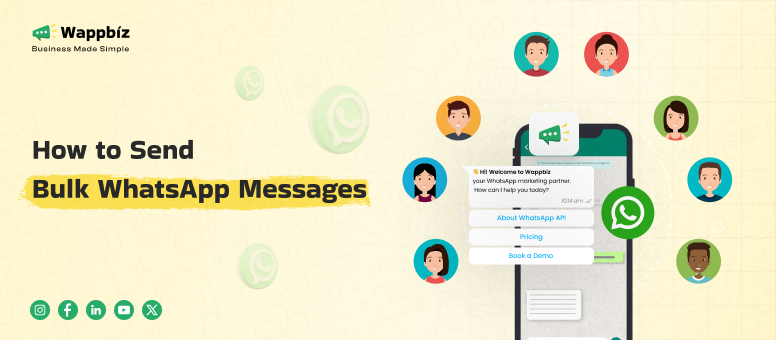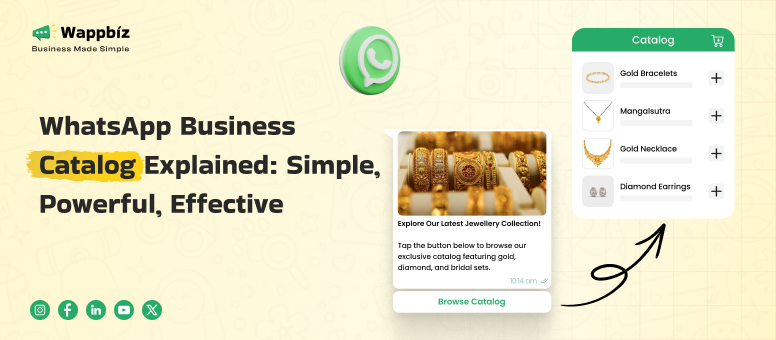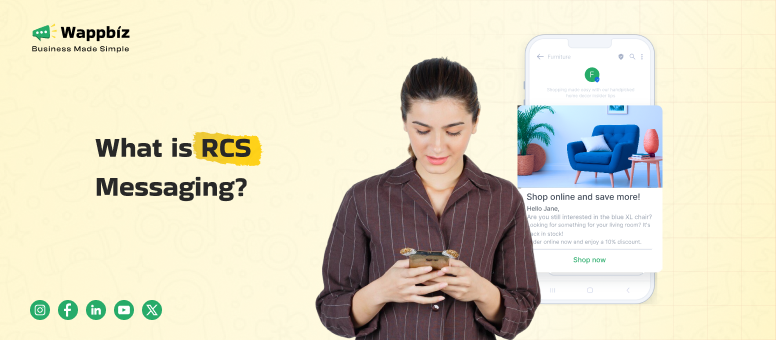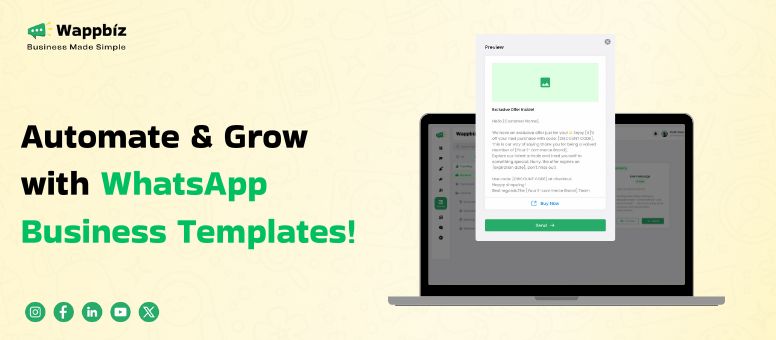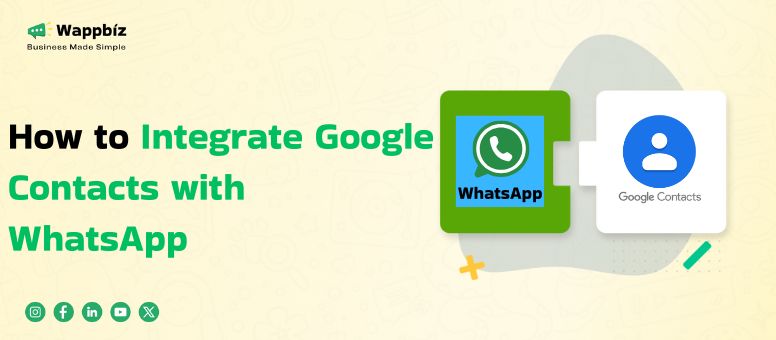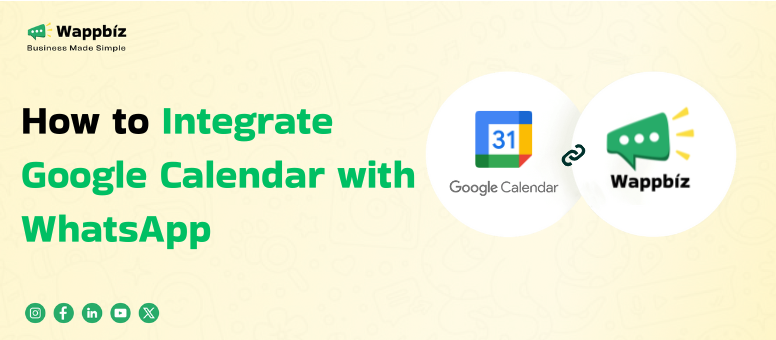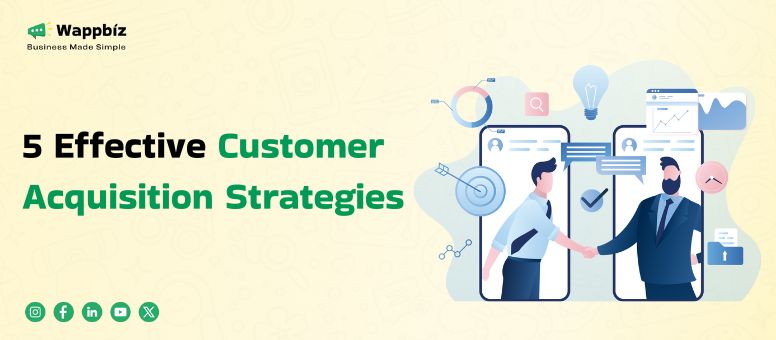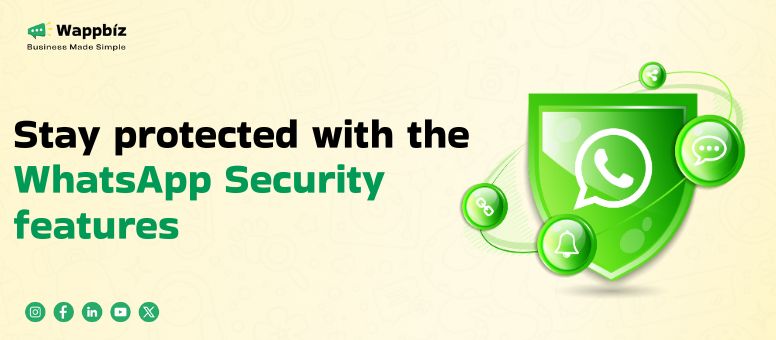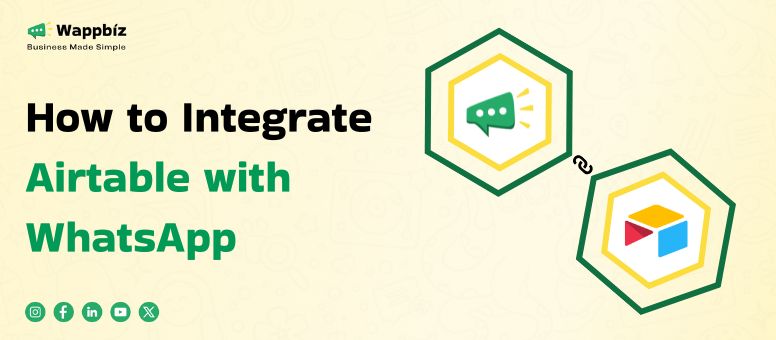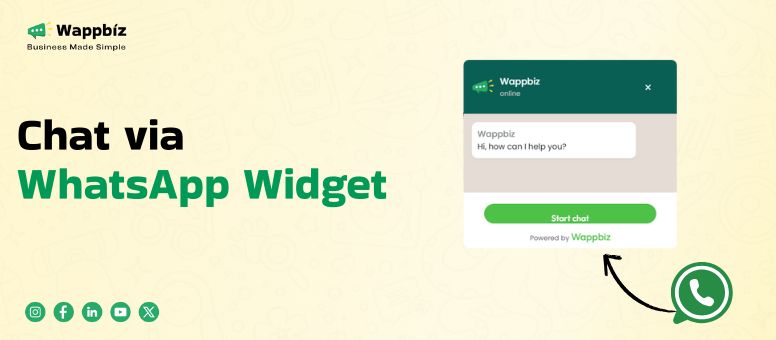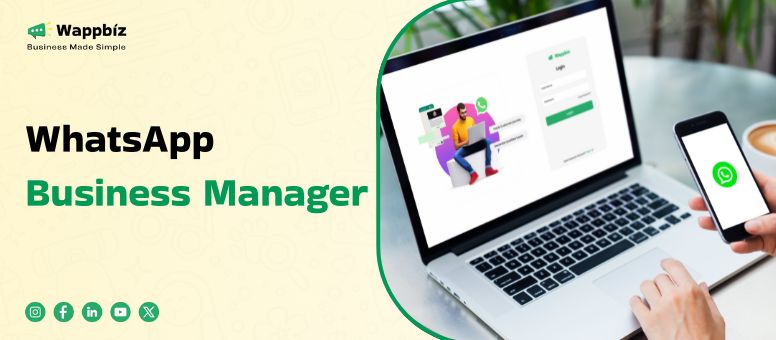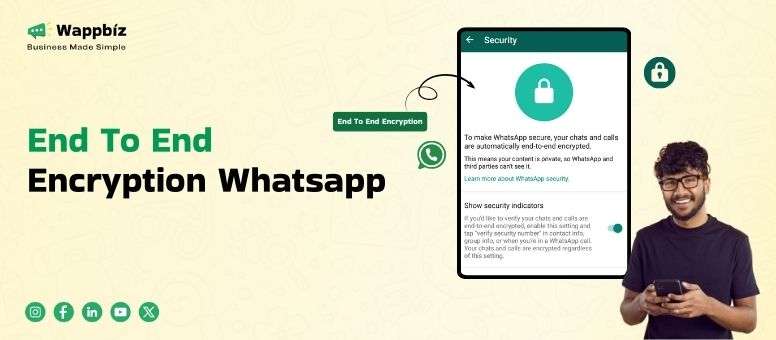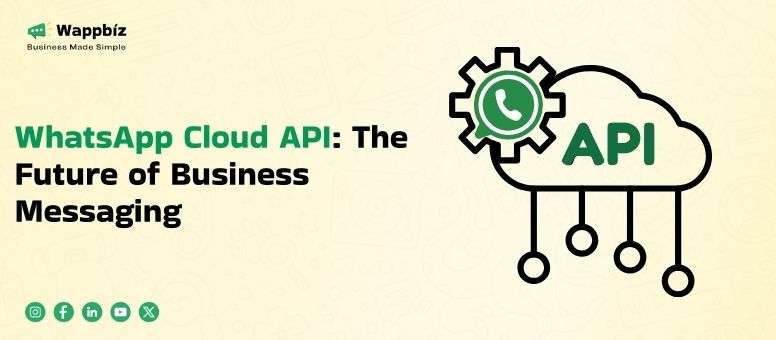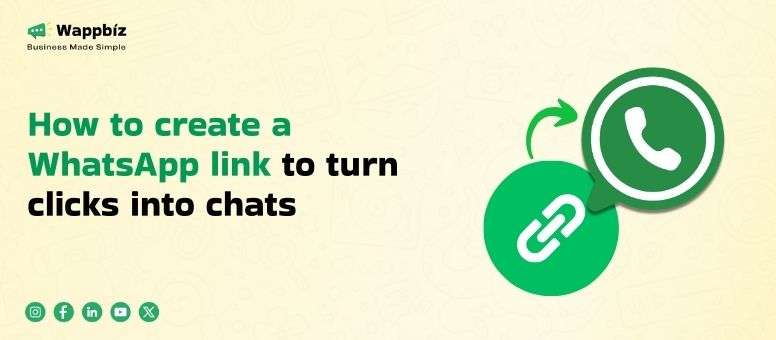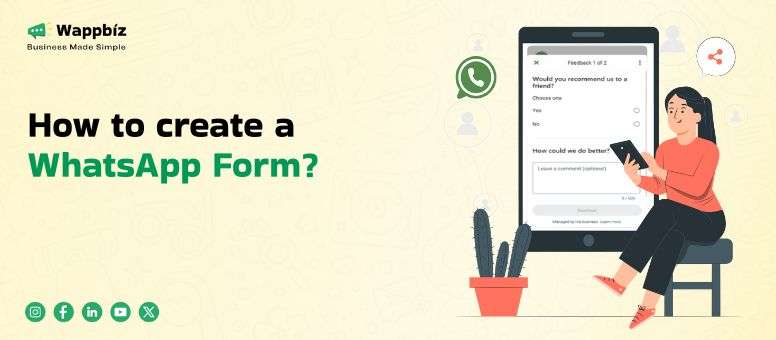Have you ever missed an important reminder for an appointment or notification from your health care provider? You’re not to blame because traditional communication is difficult and slow. WhatsApp marketing serves as a solution to enhance communication between patients and providers. Healthcare providers can schedule automated reminders, send immediate test results, and keep patients in the loop—all done via platforms like Wappbiz. Picture the healthcare system of yesterday, wherein all patients have access to supply and knowledge once they want it. Sound interesting? Now, let us dive into the benefits of WhatsApp marketing for healthcare Industry.
Why the Healthcare Industry Needs WhatsApp Marketing
The healthcare industry faces unique challenges, including managing patient appointments, providing follow-up care, and ensuring patient compliance with treatment plans. Methods of communication such as phone or email do not have the immediacy and personal touch nowadays. WhatsApp marketing can help healthcare providers turn this scenario around by being able to communicate with patients in real time, convert most of the interactions into automation for sending important reminders, and engage them with personalized health tips all on one platform. WhatsApp Business API and WhatsApp Chatbots can help your healthcare organization optimize internal processes, deliver better patient care, stay in touch with patients, and improve satisfaction.
20 Benefits of WhatsApp Marketing for Healthcare Industry
1. Appointment reminders via automation
One of the most important requirements from a healthcare perspective is for patients to remember their appointment. Automating WhatsApp reminders allows clinics to send automatic reminders and confirmations for upcoming appointments, thereby minimizing the number of no-shows.
For example,
Sending a reminder message to the patient a day before their appointment, followed by another reminder an hour before to ensure they don’t forget.This makes the system more efficient and saves time for both patients and the clinic. Better attendance means better care provided to patients.
2. Efficient Follow-Up Care
The follow-up care is key to helping your patient recover; the Wappbiz WhatsApp API can help healthcare professionals automate this process.
For example,
After a surgery or treatment, healthcare providers could send follow-up messages to patients to schedule a check-up or report any unusual symptoms. It keeps patients active in their recovery, giving them better outcomes, and helps healthcare providers manage post-treatment care more efficiently.
3. Personalized Health Tips
Healthcare can use WhatsApp BusinessAPI to send personalized health tips and information based on the patient’s medical history or conditions.
For example,
Providing daily reminders to a diabetic patient and detailing the necessary dietary and lifestyle adjustments to maintain their blood sugar levels. Such a personalized approach not only facilitates improved health management for patients but also fortifies the trust and understanding between the patient and healthcare provider, thereby reducing overall frustration and promoting better health outcomes.
4. Test reports and alerts in real time
Instant notifications and test results-Test results are often an anxiety provoker for patients. WhatsApp marketing facilitates real-time notifications from healthcare providers once test results are ready.
For example,
Instead of waiting for that call, the patient finds a message on WhatsApp saying that his result is ready, along with steps to access it safely. Such immediate communication aids in reducing patient anxiety by promptly updating them on their health status, particularly if it becomes critical.
5. Patient Assistance With Chatbots
WhatsApp chatbots can help healthcare providers provide round-the-clock support by addressing common patient queries related to appointment scheduling, medication instructions, or general health tips.
For example,
If a patient needs to know how much medicine they have to take at 12 PM at night, the chatbot can tell them what they need in a second. This availability improves patient care, providing patients with support whenever they need it, even after standard office hours.
6. Automatic prescription refill reminder
While it is difficult for the patients to keep track of the refills, automating the system via WhatsApp makes it easier. Healthcare providers can configure scheduled messages to remind patients when to refill their prescription.
For example,
If a patient has only one week’s worth of medication left, the system could alert them and remind them not to forget their dose. The system improves adherence and prevents complications due to neglected medications.
7. Immediate Doctor Availability Alerts
Patients can receive instant notifications when their selected doctor becomes available through the WhatsApp Business API.
For example,
The WhatsApp business API can notify a patient waiting for a specialist’s open appointment slot when one becomes available. By keeping patients informed and engaged, this system ensures they receive care when it matters most, ultimately boosting patient satisfaction and trust in outlined professionals.
8. Patient Education via Multimedia
With multimedia message support, WhatsApp marketing makes it simple for healthcare providers to send patients educational videos, infographics, and voice notes.
For example,
A healthcare provider sends a short video about the patient’s diagnosis and treatment plan after their visit. Teaching patients with indigestion more about their health is one such approach, enabling confidence in self-managing their condition.
9. Intelligent vaccination reminders
Providing timely vaccinations to patients is a primary role of healthcare providers. Using WhatsApp Automation, clinics can automatically send vaccination reminders to patients as per their medical records.
For example,
If a child has an upcoming vaccination, parents could receive a comprehensive reminder message that also includes a link for appointment booking. This proactive approach contributes to improved output by prioritizing patient health and ensuring optimal vaccination rates.
10. Seamless setup for virtual consultations
The WhatsApp API allows healthcare providers to have virtual consultations, which makes healthcare more accessible to patients.
For example,
Patients who cannot go to the clinic because they live far away or are old and have mobility problems can book a consultation through WhatsApp, where doctors offer advice and follow-ups via video calls. Indeed, this feature expedites the process and ensures patients receive treatment at the appropriate time and location.
11. Automated reminders for health check-ups
Just like we need regular health checkups to stay fit and healthy, WhatsApp marketing helps in reminding the patients about their health checks.
For example,
A health service provider could implement a reminder system that sends out notifications to patients every six months, prompting them to schedule a health assessment. Such proactive monitoring detects potential health ailments in their rudimentary phase, paving the way for timely treatment.
12. Care communities for patient groups
Healthcare providers can also use WhatsApp marketing to create a support group for patients suffering from related health conditions, like diabetes or hypertension. Such groups allow professionals to share tips, answer questions, and give community support.
For example,
A doctor could start a group for diabetic patients to exchange information on blood sugar, bringing people with similar issues together.
13. Advance Alerts for Health Campaigns
Health professionals frequently conduct health campaigns like flu vaccination or blood donation. With WhatsApp, BusinessAPI clinics can inform patients directly regarding these initiatives. Patients,
For example,
Patients receive a message about free vaccination day along with a registration link. Going directly to the source improves participation rates for significant health initiatives.
14. Automated Feedback Collection
WhatsApp Automation has made it simple to collect patient feedback; however, getting feedback from your patients is important. Workflow automation allows healthcare providers to automate feedback requests after appointments by asking patients how they felt about the experience.
For example,
Imagine that you send a message to the patient after their visit, asking them to rate their experience with the services and suggest improvements. This rapid feedback mechanism allows the healthcare providers to uphold quality care and address problem areas/cases at an early stage.
15. Promoting healthcare-related packages
WhatsApp marketing is one of the best methods for promoting healthcare packages and promotional offers directly to patients. A clinic can send personalized promotional messages regarding health check-up packages or seasonal flu shots.
For example,
During the flu season, when vaccinations can help prevent disease outbreaks and public health is actively encouraging people to vaccinate, a clinic could send out a promotional discount for flu vaccines. This data-driven process raises awareness and inspires patients.
16. Patient History Updates Automation
The WhatsApp API automates the extensive manual updating of patient medical records. We can notify patients when we update their medical history after a consultation or lab result.
For example,
When we take a patient’s blood pressure and record it in their medical history, we separately send them a WhatsApp message with confirmation so they always know where to get the most recent data about their health.
17. Safe Exchange of Medical Reports
Healthcare providers can send patients medical reports on the WhatsApp Business API with complete security and privacy.
For example,
A patient receives a lab report over WhatsApp, with secure access to the results and information on follow-up care after the call. The delivery is instant, which lessens waiting hours, and the faster patients receive their results, the better off they are when it comes to their overall experience with a healthcare provider.
18. Medication Adherence Support
Making sure that patients stick to their medication plan is a fundamental element of effective treatment. Most patients lead a busy life, often forget about medications, and require reminders. WhatsApp’s built-in feature, which allows for the timely delivery of course reminders or educational content on medication adherence, makes it an ideal tool for healthcare marketing.
For example,
A patient undergoing hypertension treatment could receive messages reminding them to take their medications daily, along with tips on maintaining a healthy lifestyle to manage the disease.This assistance promotes compliance from the patient and even better health outcomes.
19. Timely Emergency Alerts
It is essential to get in touch during emergencies. Healthcare providers can also use the WhatsApp API to send emergency alerts or important health warnings to their patient base.
For example,
During a disease outbreak, patients may receive messages telling them to take precautions and look out for symptoms. This can help circulate valuable information instantly, helping patients stay updated and safe while further establishing the healthcare provider as a trustworthy health information source.
20. Improve Patient Retention With Regular Touch Points
By enabling consistent communication, the WhatsApp Business API allows you to build long-term relationships with the patient. Caregiving providers can send regular updates, personalized health tips, and check-up messages to make consumers feel valued.
For example,
A clinic could send out monthly health newsletters with wellness tips and events that open the channel of connections with patients and remind them to come back. By regularly reaching out in this way, you are increasing patient loyalty and retention.

Conclusion
With WhatsApp marketing, healthcare providers have the opportunity to reach out to and engage patients via one of the most widely-used messaging platforms available today. Solutions like Wappbiz can integrate, enabling healthcare organizations to streamline communication, follow up on time, and create positive patient relationships. Not only does this initiative lead to better patient experiences, but it also ensures that healthcare operations run a better, more streamline process.
Are you ready to enhance your communication with patients? Discuss how the WhatsApp marketing features of WappBiz can streamline and enhance your healthcare services.
FAQs
Why should the healthcare industry use the WhatsApp app for marketing?
In a saturated world of mobile marketing, WhatsApp marketing is one simple solution for healthcare providers to engage with their patients by permitting seamless communication via appointments, follow-ups, and health updates.
Is WhatsApp marketing useful for increasing patient engagement in healthcare services?
Absolutely! WhatsApp can be used by healthcare professionals to send health tips, reminders, and personalized messages to patients, thereby keeping them engaged.
Can WhatsApp marketing help with appointment scheduling and reminders?
Clinics can handle appointment bookings and reminders, which has reduced the chances of no-shows due to an efficient scheduling process that is supported by WhatsApp.
Is WhatsApp marketing a cost-effective communication medium for the healthcare industry?
Yes. WhatsApp is a cost-effective solution for managing patient communications, updates, and queries at minimal expanse.
Can WhatsApp marketing help in delivering test results and follow-up post instructions?
Definitely! WhatsApp for sending lab results, medical reports, and post-visit care instructions directly to patients by healthcare providers.
Is WhatsApp safe for sharing patient information in health care?
Absolutely! By offering end-to-end encryption, WhatsApp guarantees confidentiality and keeps patient interactions and data private.
Can WhatsApp marketing help healthcare providers increase patient retention?
Indeed, one-to-one follow-ups and reminders related to health, along with support messages, help in building a better patient relationship, leading the patients visiting you for more care.
How effective is WhatsApp in raising awareness and promoting health checkups and preventive care?
Healthcare providers can use WhatsApp to announce checkups, vaccinations, and preventive screenings among patients, which encourages active health management.

